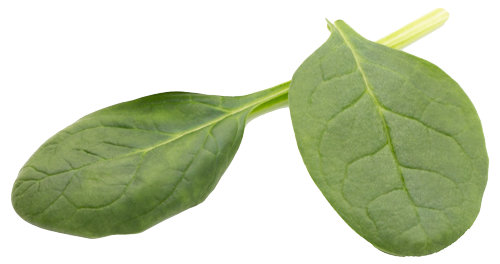Diabetes is a growing health concern, but the good news is that it can be effectively managed through diet and lifestyle changes. A well-balanced vegetarian diet plays a crucial role in stabilizing blood sugar levels, improving insulin sensitivity, and preventing complications. If you’re looking for natural ways to control diabetes, a plant-based diet can be one of the best solutions.
In this article, we will explore how a vegetarian diet helps in diabetes management, the best foods to include, and meal-planning tips to keep your blood sugar in check.
Why a Vegetarian Diet is Beneficial for Diabetes
A vegetarian diet is naturally high in fiber, antioxidants, and plant-based proteins, which help regulate blood sugar and improve insulin function. Here’s why it works:
Best Vegetarian Foods for Diabetes Control
1. High-Fiber Foods (Slow Sugar Absorption) 🍃
Whole grains: Quinoa, oats, brown rice, millets
Legumes: Lentils, chickpeas, kidney beans, black beans
Vegetables: Spinach, broccoli, carrots, bell peppers, zucchini
Fruits (low GI): Berries, apples, guava, pears, oranges
2. Protein-Rich Plant Foods (Improves Insulin Sensitivity) 🥜
Tofu, paneer (in moderation), sprouts, beans, lentils
Low fat curd or kefir (non dairy option), nut butter, seeds
3. Healthy Fats (Keeps Blood Sugar Stable) 🥑
Nuts (almonds, walnuts, cashews)
Seeds (flaxseeds, chia seeds, sunflower seeds, pumpkin seeds)
Cold-pressed oils (olive oil, mustard oil, coconut oil, ghee in moderation)
4. Low Glycemic Index (GI) Foods (Prevents Sugar Spikes) 📊
Whole grains & millets (ragi, jowar, bajra)
Leafy greens & non-starchy vegetables
Lentils, beans, and nuts
5. Natural Blood Sugar Regulators 🌿
Fenugreek seeds (methi water in the morning)
Cinnamon (sprinkle in herbal teas or oatmeal)
Amla (rich in Vitamin C for better insulin function)
Turmeric (reduces inflammation & supports blood sugar control)
Foods to Avoid (High GI & Sugar-Spiking Foods) 🚫
Diabetes-Friendly Vegetarian Meal Plan
🌞 Breakfast:
🍛 Lunch:
🍎 Evening Snack:
🌙 Dinner:
Lifestyle Tips for Diabetes Management
💧 Stay Hydrated – Drink 2-3 liters of water daily.
🏃♀️ Exercise Daily – Walk, yoga, or strength training for at least 30 minutes.
😴 Prioritize Sleep – Aim for 7-8 hours of sleep to regulate blood sugar.
🧘♂️ Manage Stress – Practice meditation & deep breathing.
Conclusion
A vegetarian diet is a powerful tool in controlling diabetes naturally. By choosing high-fiber, low-GI, and nutrient-dense foods, you can stabilize blood sugar, improve insulin function, and prevent complications. Along with mindful eating, exercise, hydration, stress management and quality sleep play a crucial role in diabetes management.


